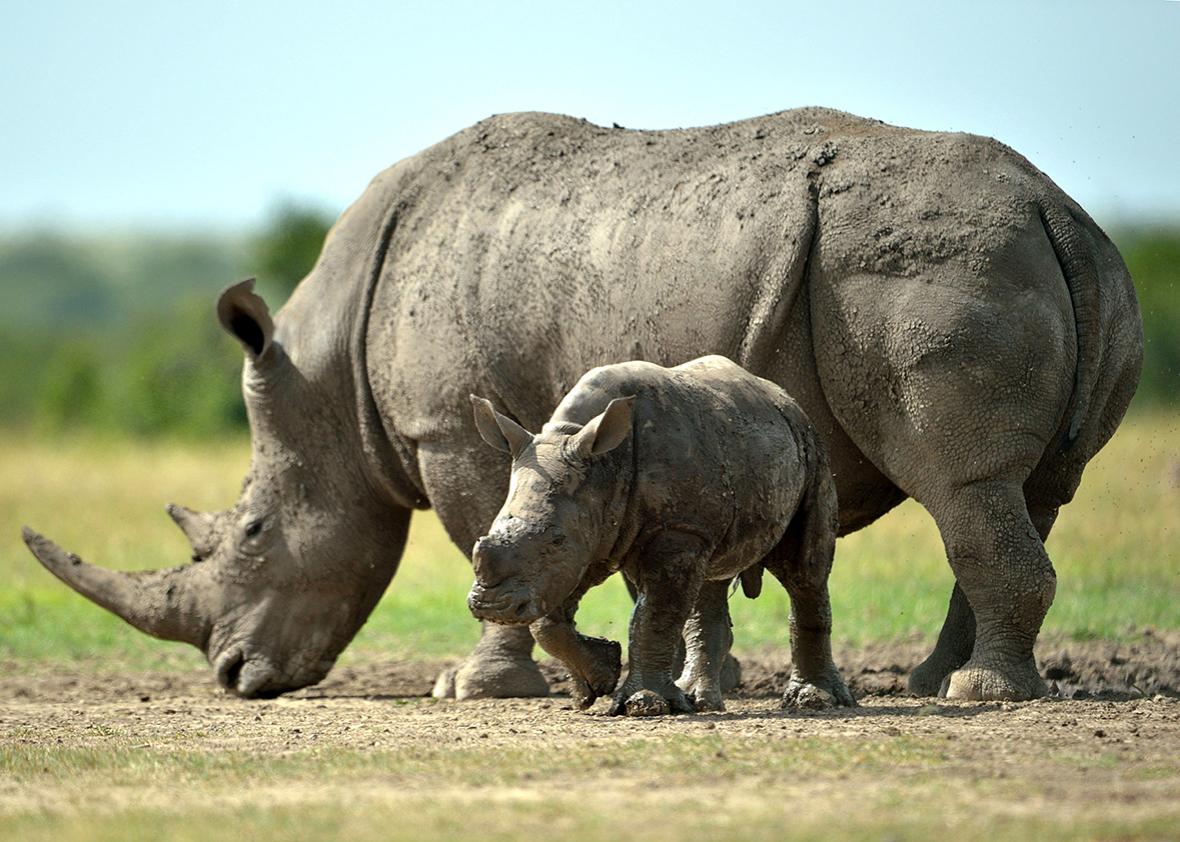Outrage continues to spread over Minnesota dentist Walter Palmer’s alleged killing of a lion in Zimbabwe, with new evidence emerging that Palmer may have also hunted several endangered species—including a leopard and white rhinoceros. Wounding or killing endangered species is illegal in the United States under the Endangered Species Act. But right now, Americans are free under U.S. law to travel overseas and slaughter as many endangered species as they want.
This loophole arises from the way courts have read the Endangered Species Act. Federal statutes are interpreted with something called the presumption against extraterritoriality—laws are assumed to apply exclusively within the United States unless Congress says otherwise. Although the Endangered Species Act was written quite broadly, it never declares that the law covers actions taken outside U.S. borders. In lieu of that explicit statement, most courts have found that the act bars maiming and killing endangered species only within America. And though the Supreme Court has never resolved the ambiguity directly, Justice John Paul Stevens wrote an influential concurring opinion holding that the law has no extraterritorial reach.
Luckily, the act does penalize the international shipment or transportation of animals that are threatened or endangered species under U.S. law. That means a poacher could be prosecuted in America for sending a “trophy” of his prey—a rhino head, for instance—back home, so long as the animal is threatened or endangered. (The government has proposed listing the African lion as threatened, but the rule won’t be finalized until October—so Palmer could legally ship the lion he allegedly killed back to Minnesota.)
But if a hunter merely enjoys killing for sport, he can travel overseas, hunt down as many endangered species as he wants, and return to America without risking prosecution here. (He could still be prosecuted by the country in which he killed the animals if he broke any local laws—Palmer allegedly hunted without a proper license—but many countries lack the will or resources to punish foreign poachers.)
This rift in enforcement goes against the spirit, if not the text, of the Endangered Species Act, which evinces a serious concern for the global population of threatened and endangered animals. It also creates a perverse incentive whereby poachers leave America—where they may be caught by the authorities—for places like Africa, where enforcement is laxer. Congress could fix that. Under the Foreign Commerce Clause, Congress has the power to punish Americans for some illegal actions taken overseas. To add harming endangered animals to that category, Congress need only pass a four-word amendment to the Endangered Species Act: This law applies extraterritorially. It wouldn’t resolve the dire problem of poaching overnight. But it would ensure that Americans who kill endangered animals elsewhere face real accountability when they return home.
